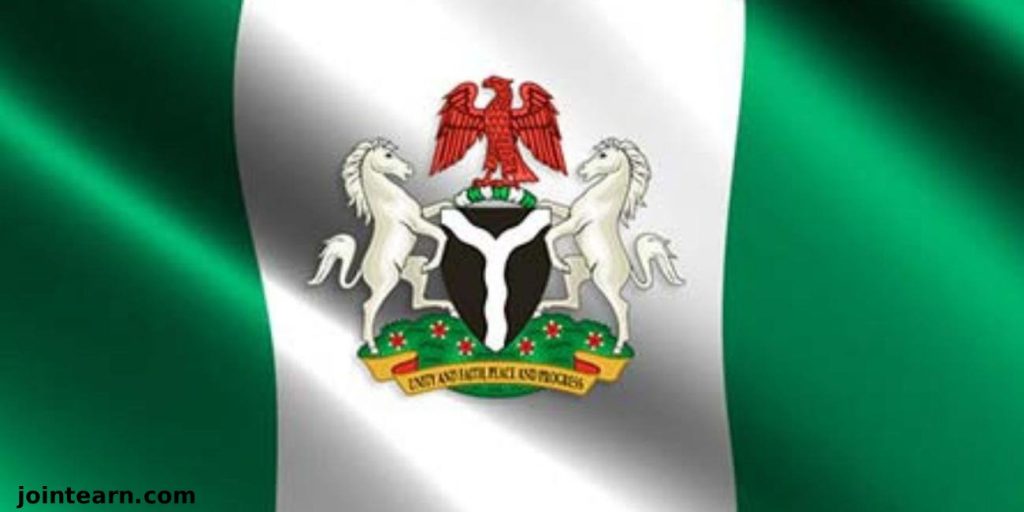
The Nigerian government has officially suspended the use of indigenous languages as the medium of instruction in schools nationwide, directing teachers to prioritise English from pre-primary through tertiary education. The announcement was made by Minister of Education Dr. Tunji Alausa on Wednesday during the Language in Education International Conference 2025 in Abuja, organised by the British Council.
Policy Shift to English for Instruction
The two-day conference, themed “Language, Education and Inclusion: Empowering Every Learner,” brought together policymakers, educators, researchers, and development partners from Africa, South Asia, and the UK. Discussions focused on improving equitable and quality education through effective language policies.
Dr. Alausa stated that while the preservation of indigenous languages remains important for cultural identity, English will now serve as the primary medium of instruction to enhance comprehension, learning outcomes, and Nigeria’s global competitiveness.
“The English language should be used to teach our students at all levels as a means of instruction. Over the years, mother tongues have been used to teach, and this has largely been responsible for failures in exams. The national policy on language has been cancelled. English now stands as the medium of instruction across all levels of education,” Alausa said.
Rationale for the Decision
According to the Minister, English acts as a unifying tool across Nigeria’s diverse linguistic landscape, giving students broader access to global knowledge, technology, and international opportunities. The decision was reportedly based on data showing that overreliance on mother-tongue instruction in some regions has negatively affected student performance in national examinations such as WAEC, NECO, and JAMB.
Dr. Alausa described the policy as a shift toward evidence-based governance, moving beyond emotional attachment to language identity in education.
British Council Endorses Inclusive Education
The British Council reaffirmed its support for inclusive and equitable education through language-responsive teaching.
Julian Parry, Director of English Programmes for Sub-Saharan Africa, said:
“Language can serve as a bridge to inclusion, identity, and opportunity for every learner. Collaboration and knowledge-sharing are key to improving global education outcomes.”
Chikodi Onyemerela, Director of Programmes at British Council Nigeria, highlighted the importance of inclusion:
“Since 2015, through our Pan-Ethnic Classrooms Programme, we have developed initiatives that enable teachers to embed inclusive practices in the classroom. We are privileged to continue this work in Nigeria.”


Leave a Reply